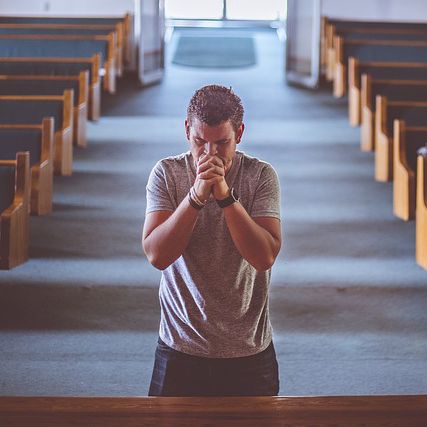
The practice of providing structured prayers to the faithful dates back to the very beginning of the Church. Some of the earliest ones include the Apostles Creed, the concluding prayer of the Angelus, and fragments of the second Eucharistic Prayer.
There are many reasons for the need of structured prayers. I can think of the following. There may be more.
– nurture formation: Many in the early church were illiterate. Even today, most people are not good at praying or have very limited knowledge of their faith. A well written prayer provides the faithful a succinct, authentic and deep reflection on a particular aspect of their faith that over time, may form and transform them. A well written prayer also helps to provide an easy way to remember Church teachings. An example is the Apostles or Nicene Creed. Having an official prayer also helps to correct people from erroneous theology and terminology.
– foster unity: As a member of the Church, we pray both individually and collectively. If all we have are spontaneous prayers, or just the Lord’s Prayer, we would be severely limited in how we can pray together as a Church. It is also true when it comes to liturgy. Having the same prayers for mass, for example, allow the Eucharistic liturgy to be uniformly celebrated across the world, and can also guard against omissions and deviations. For example, in the early Church, there was no official Eucharistic Prayers. The quality of the liturgy therefore depends on the ability of the priest. This could be dangerous as the priest may due to poor training or ill health pronounce erroneous teachings or omit essential aspects of the liturgy.
– consolidate spiritual legacy: Many prayers we have today were the results of centuries of spiritual reflection and distillation. Many were divinely inspired, pondered upon by saints, or written by them as inspired by their mystical experiences. An example is the Divine Mercy chaplet, given to St. Faustina by Jesus. They are continuous sources of inspiration and blessings to the Church today,testifying to the living and active work of the Holy Spirit among us.


